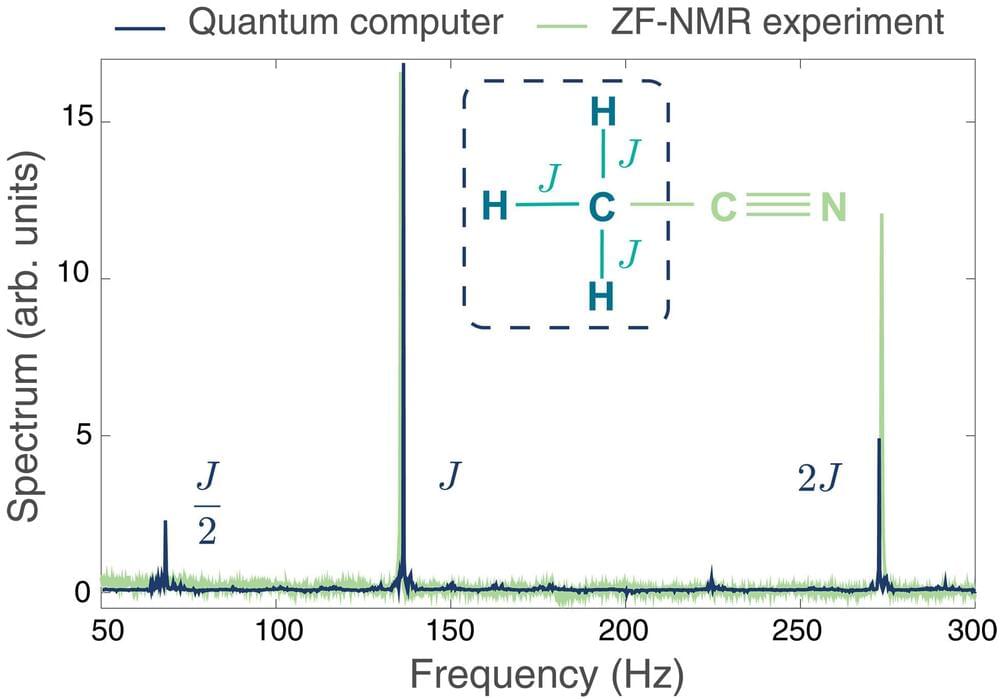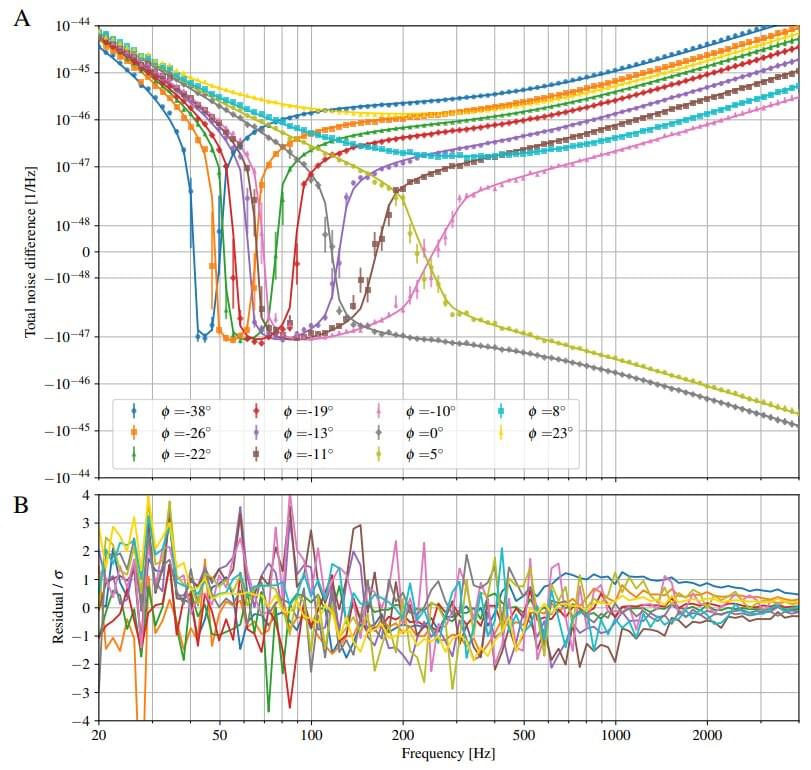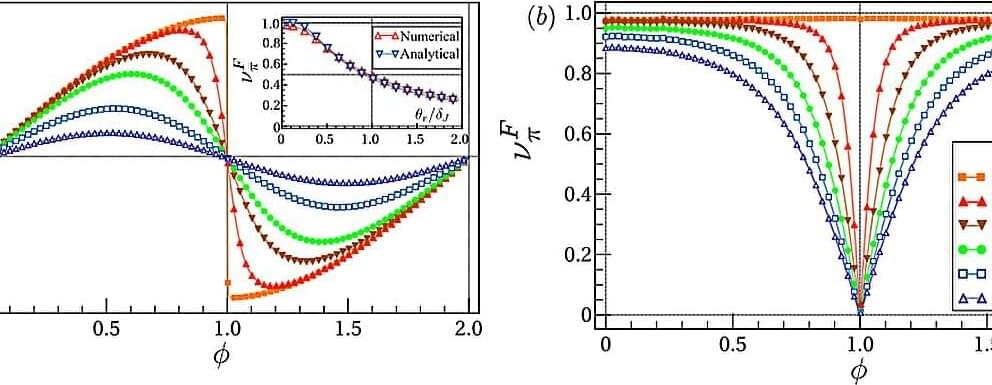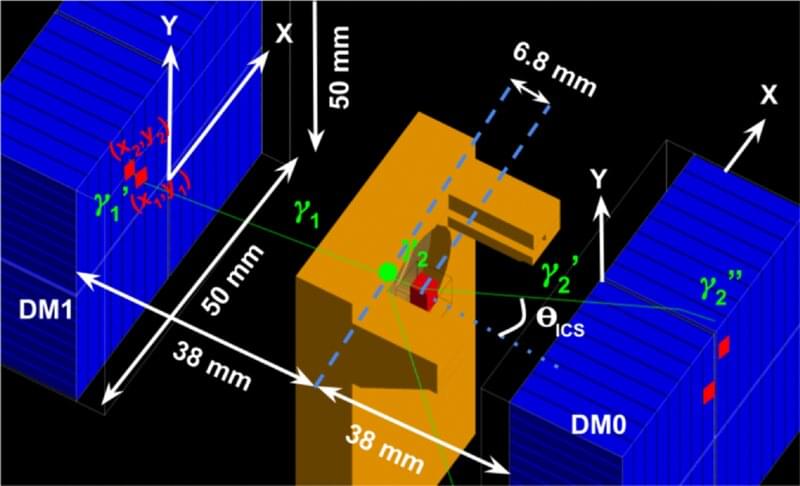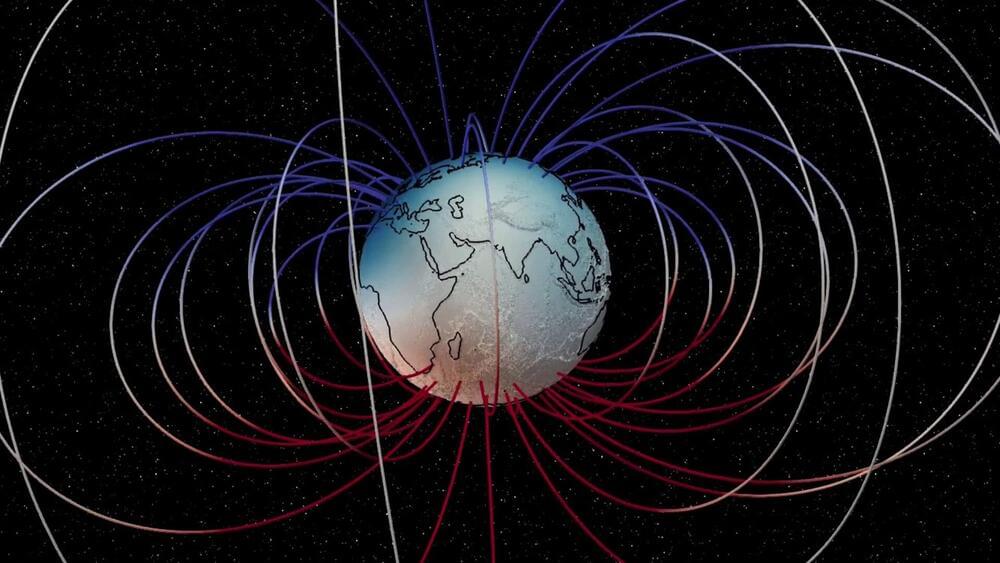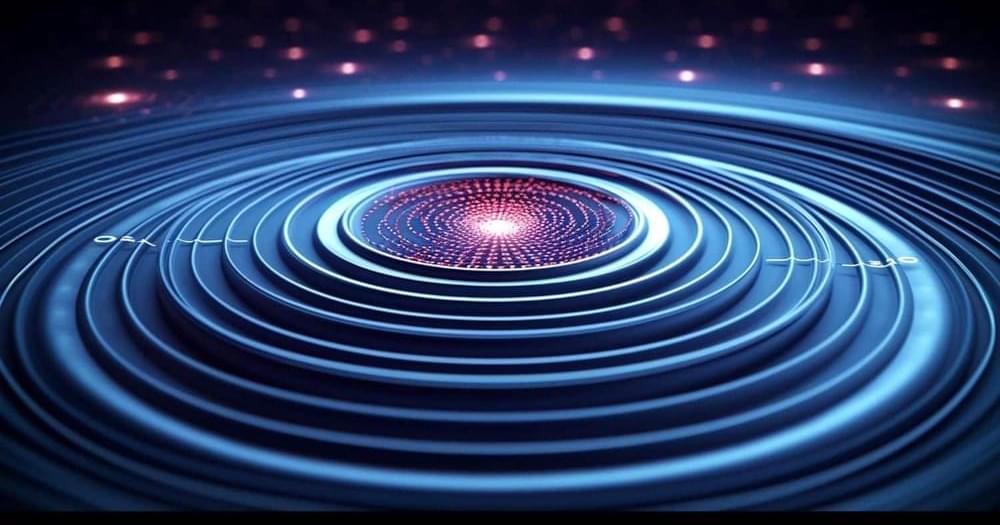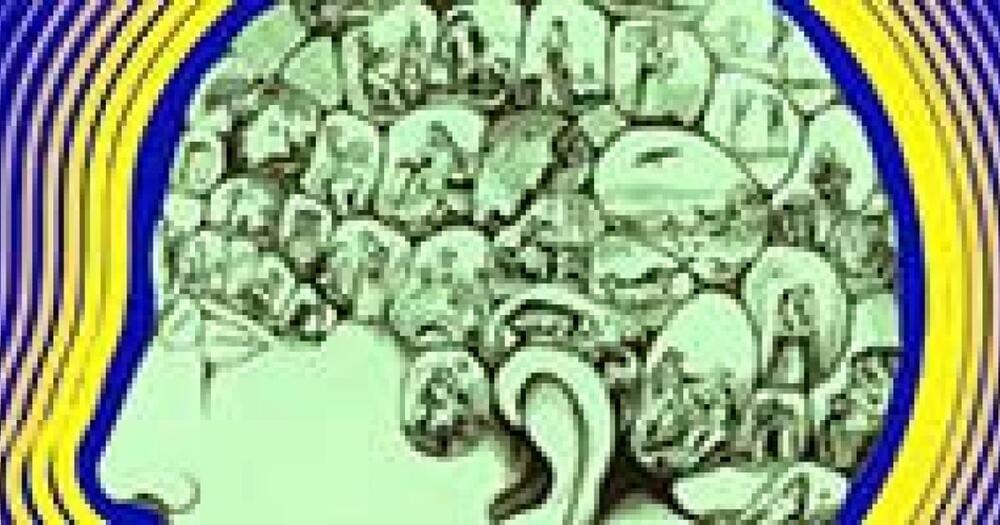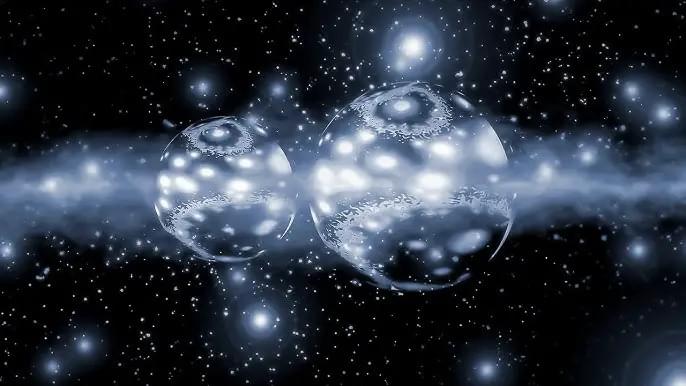Oct 15, 2024
Digital quantum simulation of nuclear magnetic resonance experiments
Posted by Saúl Morales Rodriguéz in categories: chemistry, computing, quantum physics
Programmable quantum computers have the potential to efficiently simulate increasingly complex molecular structures, electronic structures, chemical reactions, and quantum mechanical states in chemistry that classical computers cannot. As the molecule’s size and complexity increase, so do the computational resources required to model it.
